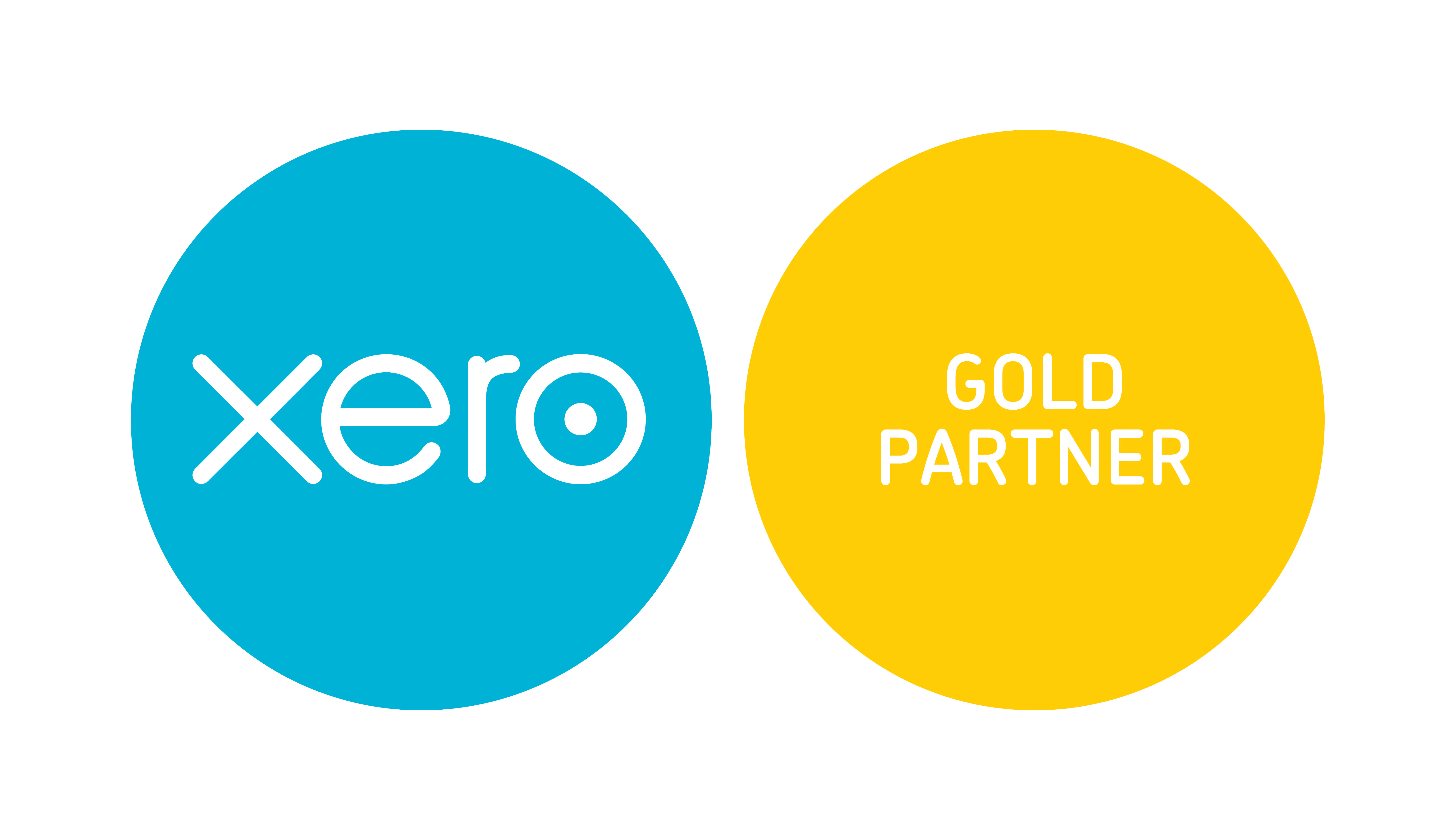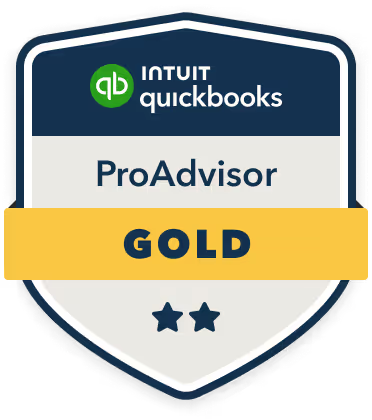Essential Guide to Jersey’s Goods and Services Tax

If you’re a Jersey-based small business that’s enjoying consistent revenue growth, there’s one milestone you’d be wise to prepare for - £300,000.
That’s the threshold for taxable turnover after which your business will need to start paying goods and service tax (GST). Failure to plan for your company’s GST obligations could prove costly. However, with expert support and proper coordination across your business, you can take the new GST requirements in your stride and continue to grow.
We’re here to help. In the following guide, we’ll explore what goods and service tax is, how and when you need to pay GST, and the consequences your business could face if you fail to be compliant.
What is GST?
Goods and Service Tax is a tax paid by consumers on a variety of products and services. Companies are required to collect GST to be reported and paid to Revenue Jersey as part of a quarterly return.
GST is the equivalent of the Value Added Tax (VAT) paid by businesses in the United Kingdom. As such, Jersey-based business don’t pay VAT. The standard rate for GST is 5% on most goods and services, including imports.
Two types of GST exist — input tax and output tax:
• Input tax: GST paid to suppliers on goods or services purchased for your business. Input tax can only be claimed if the goods or services are directly used to make taxable sales to your customers. For example, tools, raw materials, and contractor fees.
• Output tax: GST paid by your customers for the goods or services you sell.
When is GST paid?
Your company will need to pay GST once its taxable turnover exceeds £300,000 in any 12-month period. GST is paid through a quarterly return that must be filed by the end of the month following the preceding quarter. So, for the quarter ending March 31, the return is due by April 30.
The total amount of GST you owe depends on the amount of output tax you’ve collected and input tax paid. Because your output tax is offset against the input tax, you only owe the difference between the two.
How to register for GST
You can register for GST online at gov.je, and it’s possible to pre-register if you anticipate that your business will soon reach the £300,000 threshold. However, you will need a Jersey Tax Identification Number (TIN) before you can register.
Penalties for non-compliance
Your business faces numerous penalties for not submitting a GST return on time, which could impact your ability to operate.
• Late return penalty: A £100 surcharge must be paid if you fail to submit your GST return on time. If the return is not submitted within three months of the deadline, you’ll be required to pay an additional £100 for each month it remains unpaid, up to a maximum of nine months. You’ll also be required to complete a default assessment, at a further cost.
• Late payment penalty: A 10% surcharge is added to the amount due if you fail to pay a submitted GST return on time.
• Suspension of customs-approved trader status: If you’re a customs-approved trader, failure to submit or pay a GST return will lead to suspension of your status, with all future imports also suspended. You can release these imports by paying the amount due within three working days.
Benefits of outsourcing your GST planning
The GST return is an essential quarterly obligation for any Jersey-based business with taxable turnover above the £300,000 threshold. As such, failure to meet this obligation could lead to penalties and hold your business back.
That’s why many small and medium-sized businesses turn to a financial partner like Ambition Accountancy for their GST and other bookkeeping requirements.
Here’s why:
• Full compliance, even as requirements change: Outsourcing your GST obligations makes sure your business remains compliant every quarter, even when GST laws change. Your accountancy partner will make the necessary adjustments if GST rates do change.
• Total accuracy: Certain details of GST planning and returns can be complex, potentially leading to inaccuracies in your submission. It’s the responsibility of your accountancy partner to fully understand GST rules and exemptions, making sure your return is accurate and capitalises on any exemptions you’re owed.
• More time to focus on revenue-generating activities: Revenue is your business’s lifeblood. By leaning on your accountancy partner for GST returns, you’ll have more time to focus on serving customers and generating revenue.
Get expert support
Whether your business is approaching the GST threshold or already beyond it, there’s much to gain from calling on an accountancy partner for support. Ambition Accountancy works with a wide variety of SMEs in Jersey to realise their financial goals and support the smooth running of their business, being the trusted name for accounts preparation, payroll, bookkeeping, and much more.
Contact us today to find out how we can support your business.




